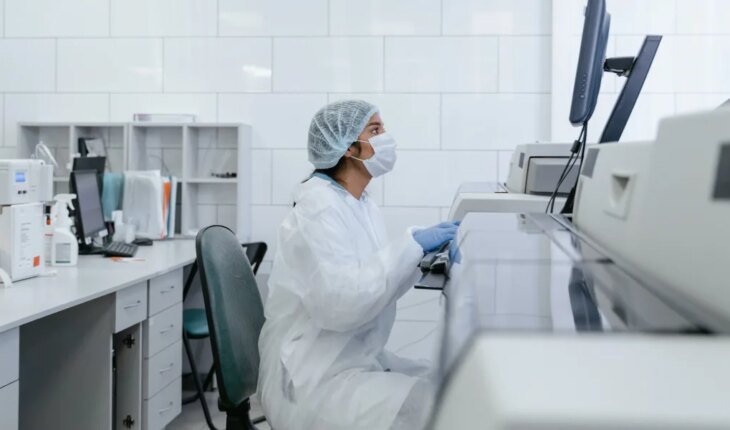A team of researchers from Harvard Medical School in the United States developed a special probiotic capable of regulating the activity of dendritic cells, key components in the management of immune responses. The finding could help people suffering from autoimmune diseases, such as multiple sclerosis (MS). Autoimmune diseases are triggered when the immune system, designed to protect the body from external threats, begins to attack its own cells and tissues. Among these pathologies, multiple sclerosis stands out for its devastating impact. However, the results of the recent study could mark a before and after in the way we address these conditions. The scientists used live microorganisms known as probiotics, which include bacteria and yeast. These were designed to regulate the activity of dendritic cells, which play a crucial role in managing immune responses. Implementing them in mice with MS-like conditions led to a suppression of autoimmunity in key areas of the brain. What makes this approach even more promising is its accuracy and potential lack of significant side effects. In the words of neuroscientist Francisco Quintana, one of the authors of the study, “Engineering probiotics could revolutionize the way we treat chronic diseases.” The particularity of the treatment lies in its ability to produce active compounds as needed. To achieve this breakthrough, the research team had to delve into the role of dendritic cells in autoimmunity. Although not yet fully understood, they managed to identify a new biochemical pathway in these cells that acts as a “brake” on the immune system. By modifying “good bacteria,” the researchers were able to produce lactic acid, which in turn activates this immune brake. In addition to the promising action of the probiotic itself, the study also highlighted the direct communication between the gut and brain in immune regulation. Although mice with MS-like conditions were used in the study, the authors note that this approach could be applied to other immune-mediated diseases, amplifying their potential impact.
Researchers discover how to treat multiple sclerosis using gut bacteria
August 22, 2023 |





